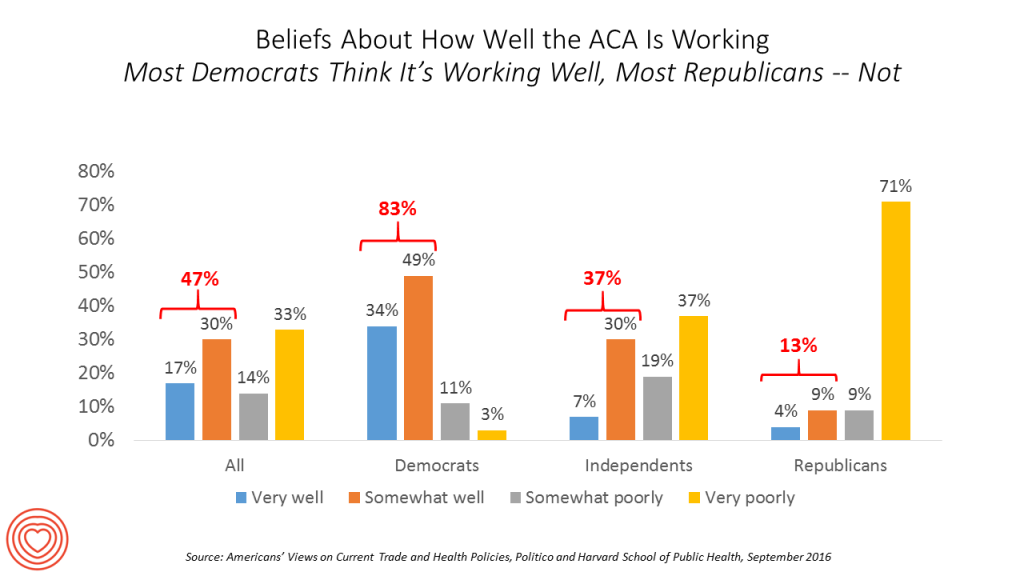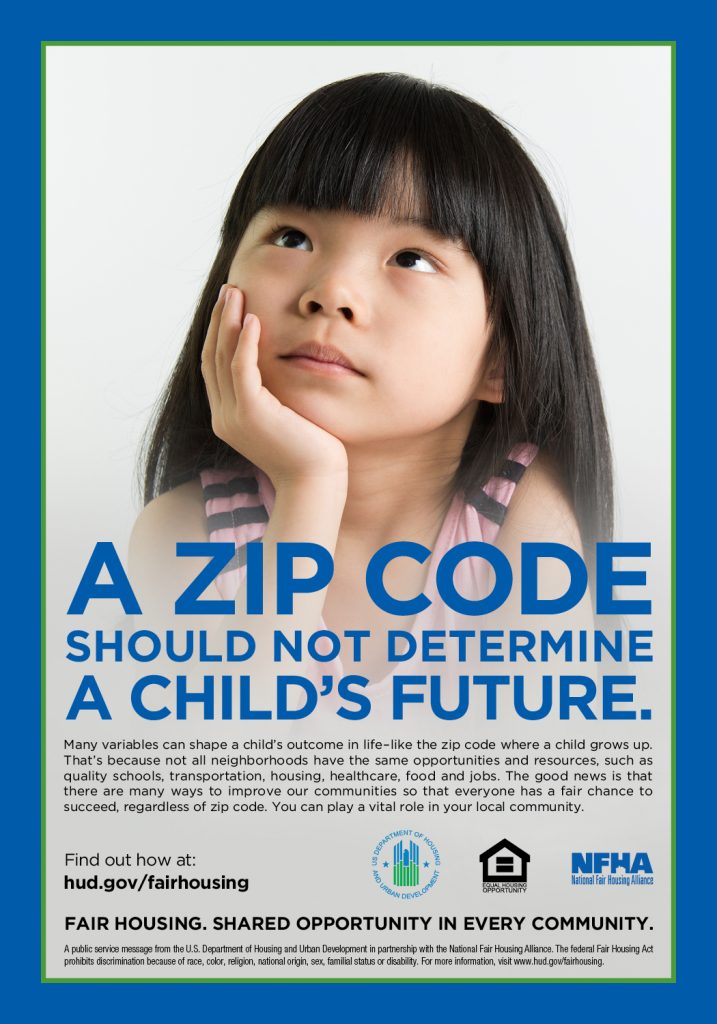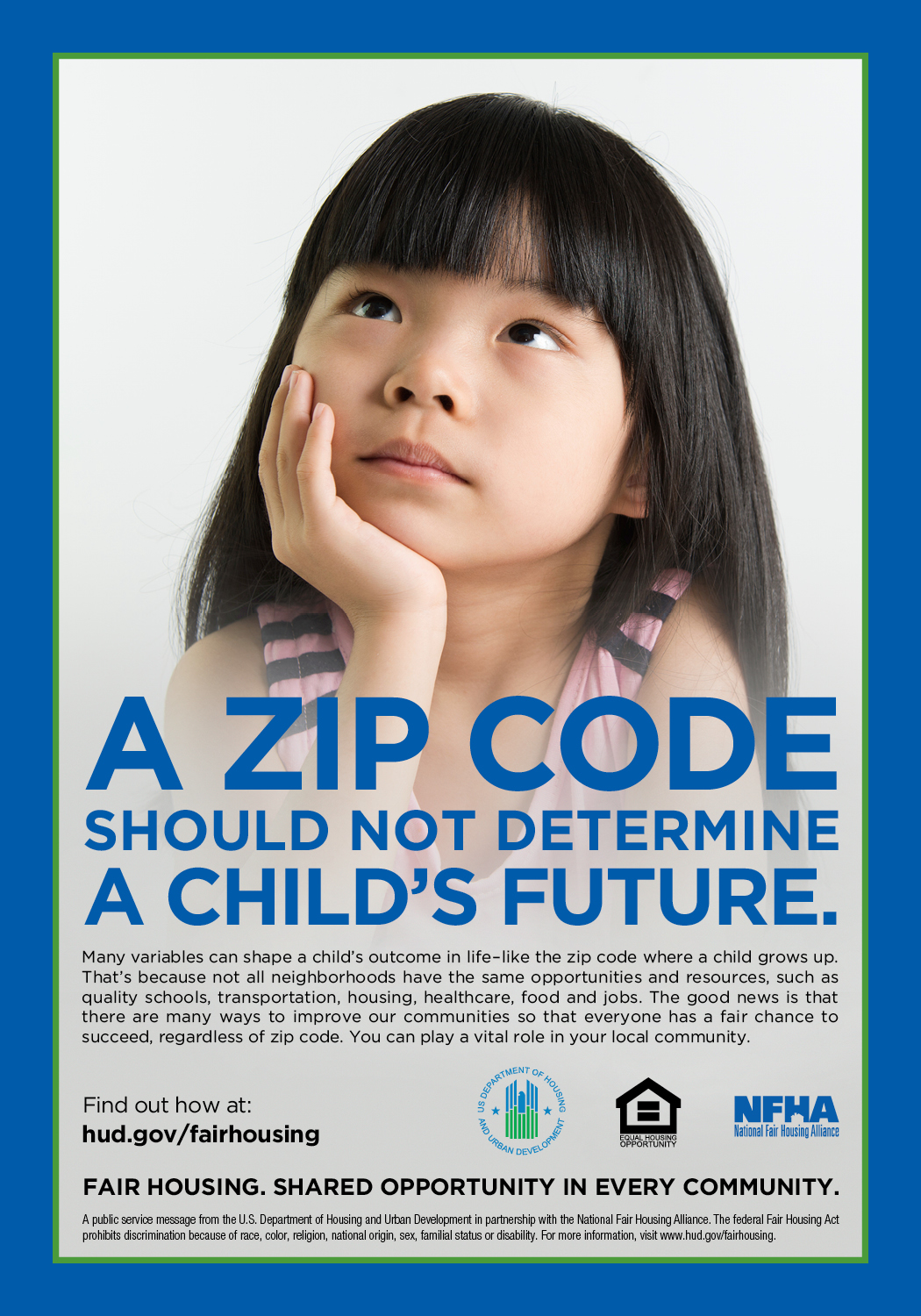4 in 10 Americans are worried about how they’ll pay for health care, according to Americans’ Views on Current Trade and Health Policies, a poll conducted jointly between the Harvard T.H. Chan School of Public Health and Politico.
There are no significant party differences between Democrats and Republicans regarding peoples’ worrying about their ability to pay medical costs in the next year.
But there are differences in geography, with 53% of people in the South significantly more worried about health care costs compared with other regions of the U.S.
Who’s to blame for the high costs of health care that consumers are facing? That would be drug companies, first and foremost, among 70% of all Americans. Pharma’s influence on costs is followed by health insurance companies #2 cost culprit among Democrats and Independents. Note that Republicans place the Federal Government in first place of the party responsible for the high costs of care, followed by drug companies and insurers at the bottom, shown in the first chart.
The poll also assessed consumers’ views on the Affordable Care Act (ACA), finding a 47/47 split between people believing it’s working well vs. those who say it’s working poorly. But there are more Americans who feel it’s working very poorly than those who believe it’s working very well — 33% vs. 17%, according to Harvard/Politico.
 By party, 47% of Democrats see the ACA working well (very or somewhat) versus 80% of Republics who see the ACA working poorly (somewhat or very), shown in the second chart.
By party, 47% of Democrats see the ACA working well (very or somewhat) versus 80% of Republics who see the ACA working poorly (somewhat or very), shown in the second chart.
That partisan split is also seen in response to the question of consumers beliefs about a public option: overall, 54% of consumers favor a public option, and by party, it’s 75% Democrats pro-public option compared to 26% Republican pro-public option.
The survey was conducted among 1,000 U.S. adults age 18 and older, via telephone, between 31 August – 4 September 2016.
Health Populi’s Hot Points: The poll confirms that people who are most concerned about health care costs live in the southern parts of the U.S., the very region with a disproportionate number of people without health insurance.
Among the 43% of consumers worried about not being able to pay medical costs, the key areas of concern are out-of-pocket costs (like copays and deductibles) among 31% of people, surprise bills from doctors or hospitals even when insurance-covered (22% of people), and medical costs not covered by health insurance (for 21% of people).

Today, a person’s zip code is more important than one’s genetic code, if that individual lives in the USA. That zip code is a predictor for socioeconomic status, healthy food availability (vs. living in a food desert), safe neighborhoods, good jobs, good schools, green spaces for place, and opportunities for social connections — all factors that feed personal and public health.
This ad for fair housing from HUD talks about many variables that can shape a child’s outcome in life. While concerns about medical costs plague health consumers across the U.S., the feeling is particular acute among a majority of people living in southern states — the very region where state Governors tended not to expand Medicaid for the Affordable Care Act. For more on this phenomenon, see my discussion on Health in America: Improving, But Disparities Need Policy Prescriptions.





 I'm in amazing company here with other #digitalhealth innovators, thinkers and doers. Thank you to Cristian Cortez Fernandez and Zallud for this recognition; I'm grateful.
I'm in amazing company here with other #digitalhealth innovators, thinkers and doers. Thank you to Cristian Cortez Fernandez and Zallud for this recognition; I'm grateful. Jane was named as a member of the AHIP 2024 Advisory Board, joining some valued colleagues to prepare for the challenges and opportunities facing health plans, systems, and other industry stakeholders.
Jane was named as a member of the AHIP 2024 Advisory Board, joining some valued colleagues to prepare for the challenges and opportunities facing health plans, systems, and other industry stakeholders.  Join Jane at AHIP's annual meeting in Las Vegas: I'll be speaking, moderating a panel, and providing thought leadership on health consumers and bolstering equity, empowerment, and self-care.
Join Jane at AHIP's annual meeting in Las Vegas: I'll be speaking, moderating a panel, and providing thought leadership on health consumers and bolstering equity, empowerment, and self-care.